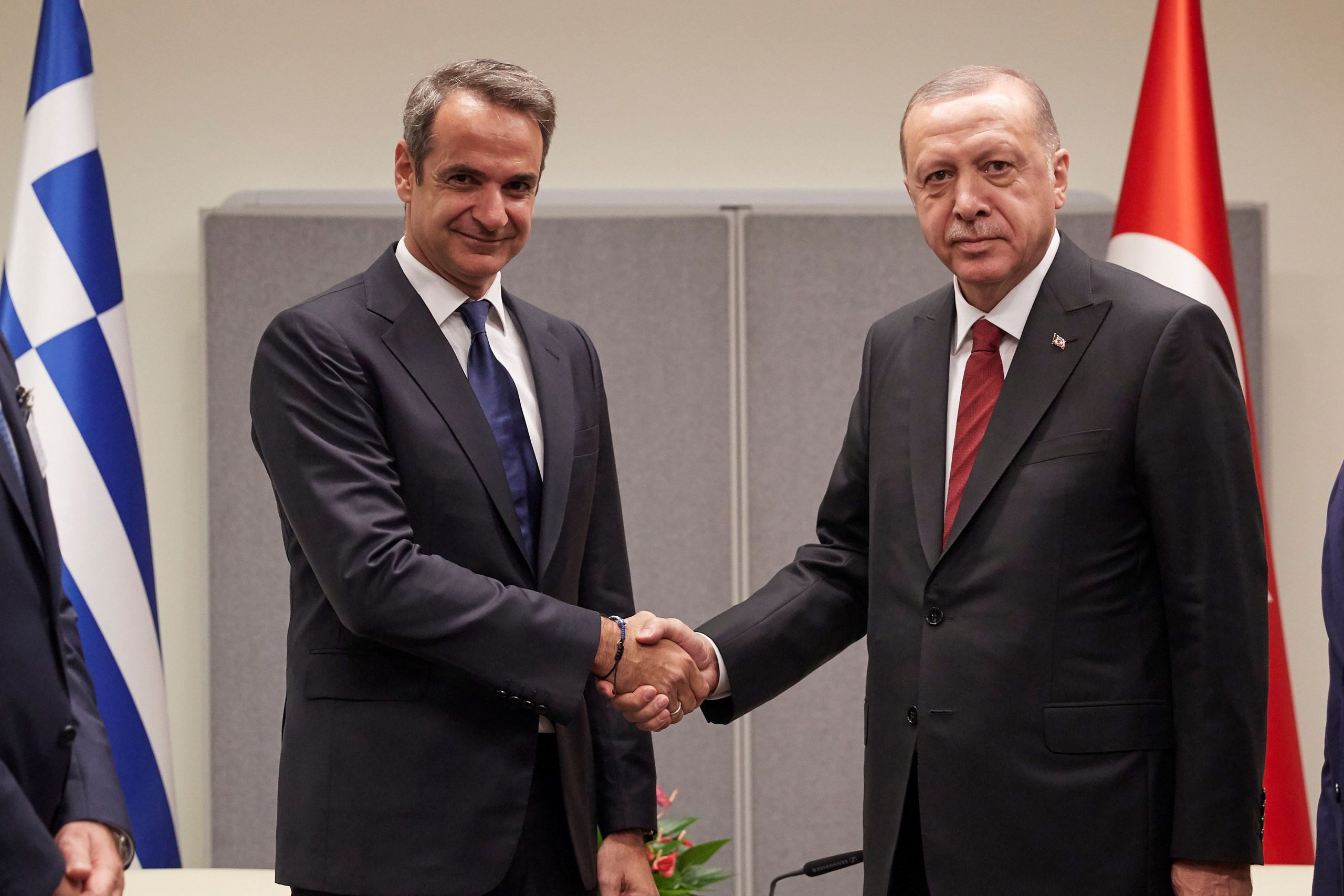The enduring rivalry between two NATO allies, Greece and Turkey, presents a persistent challenge for the American foreign policy establishment. While recognizing that a resolution to their wide array of disputes is unlikely in the foreseeable future, the U.S. has actively sought to facilitate talks and deescalate tensions between the two nations.
President Recep Tayyip Erdoğan is scheduled to visit Athens on Dec 7 to participate in the Greek-Turkish High-Level Cooperation Council. The United States views this visit as a
“positive step” that reinforces the ongoing efforts to improve relations between the two countries.
A spokesperson from the State Department welcomed the constructive engagement between Turkey and Greece in a written response. As he stated, “The United States supports bilateral discussions at all levels for Greece and Türkiye to work together on fostering peace, security, and prosperity in the region.”
In recent months, the two NATO allies have revived high-level talks with the goal of creating a positive climate that will enable them to address the thornier disputes at a later stage. Despite progress, the U.S. maintains realistic expectations for the meeting, understanding that Greek-Turkish relations have a long way to go.
While a comprehensive settlement in the longstanding disputes is not expected, U.S. diplomats are eager to embrace any initiative that promises temporary stability in the turbulent Aegean waters.
Against the backdrop of conflicts in Ukraine and Israel, the U.S. is particularly keen on preventing destabilization on NATO’s southeastern flank. “The United States continues to encourage calm in the Aegean and Eastern Mediterranean amongst our NATO Allies,” the State Department’s spokesperson stated.
But U.S. diplomacy is opting for a subtle style of engagement with the goal of facilitating an environment conducive to dialogue and diplomacy, without the immediate need for direct mediation.
This approach contrasts with the previous period, when the U.S. emphasized the “importance of stability in the Eastern Mediterranean” during talks with Turkish counterparts, signaling a call to abandon belligerent behavior and return to diplomatic negotiations.
In a notable shift, Turkey has altered its course, refraining from military overflights above Greek islands, while President Erdoğan has adopted a more reconciliatory tone in public remarks.
This change aligns with Ankara’s request to purchase 40 F-16 fighter jets and 79 modernization kits for existing warplanes in a $20-billion deal supported by the Biden administration but facing resistance in Congress.
Since October 2021, progress on the F-16 deal has stalled, mainly due to Turkey’s delay in ratifying Sweden’s NATO accession. Congress’s second demand, which is overlooked by many pundits, relates to Greece’s security concerns about potential overflights using the new F-16s, which would be deemed a violation of the Arms Control Export Act.
But lawmakers have managed to work on a deal and reach a compromise with the administration. Based on this tentative plan, Turkey is set to receive F-16s, while Greece will be equipped with more advanced F-35s, accompanied by a substantial defense aid package. Secretary of State Anthony Blinken is expected to address the overflight issue in an upcoming letter to Congress.
While Washington remains optimistic that this plan will address Greek security concerns without alienating Turkey further, the latter has yet to ratify Sweden’s accession. This delay could potentially jeopardize the F-16 deal. A diplomatic source noted the urgency, as lawmakers contemplate pressuring Turkey to cease support for Hamas, thus, further complicating the delicate arms sale deal.



